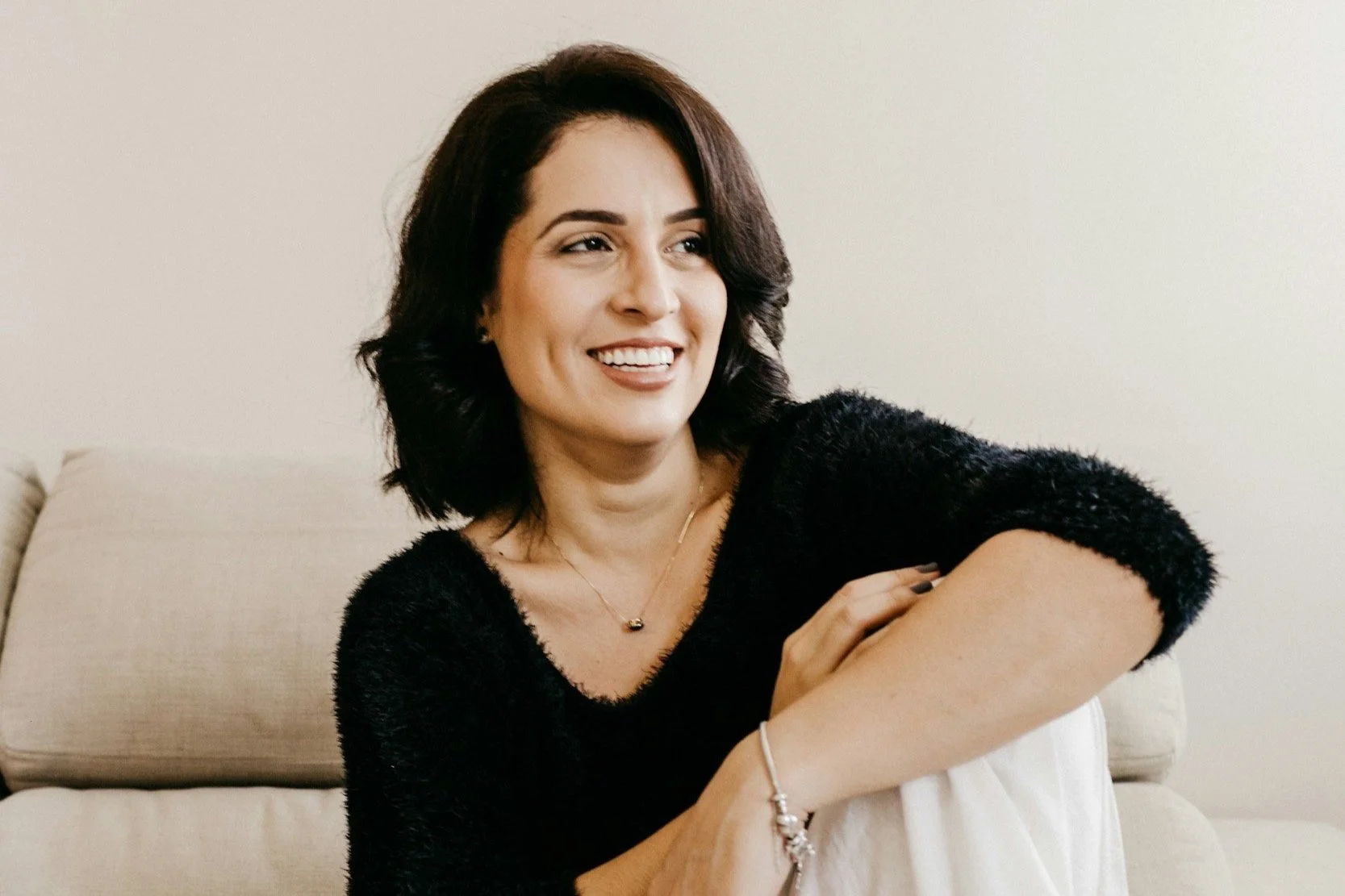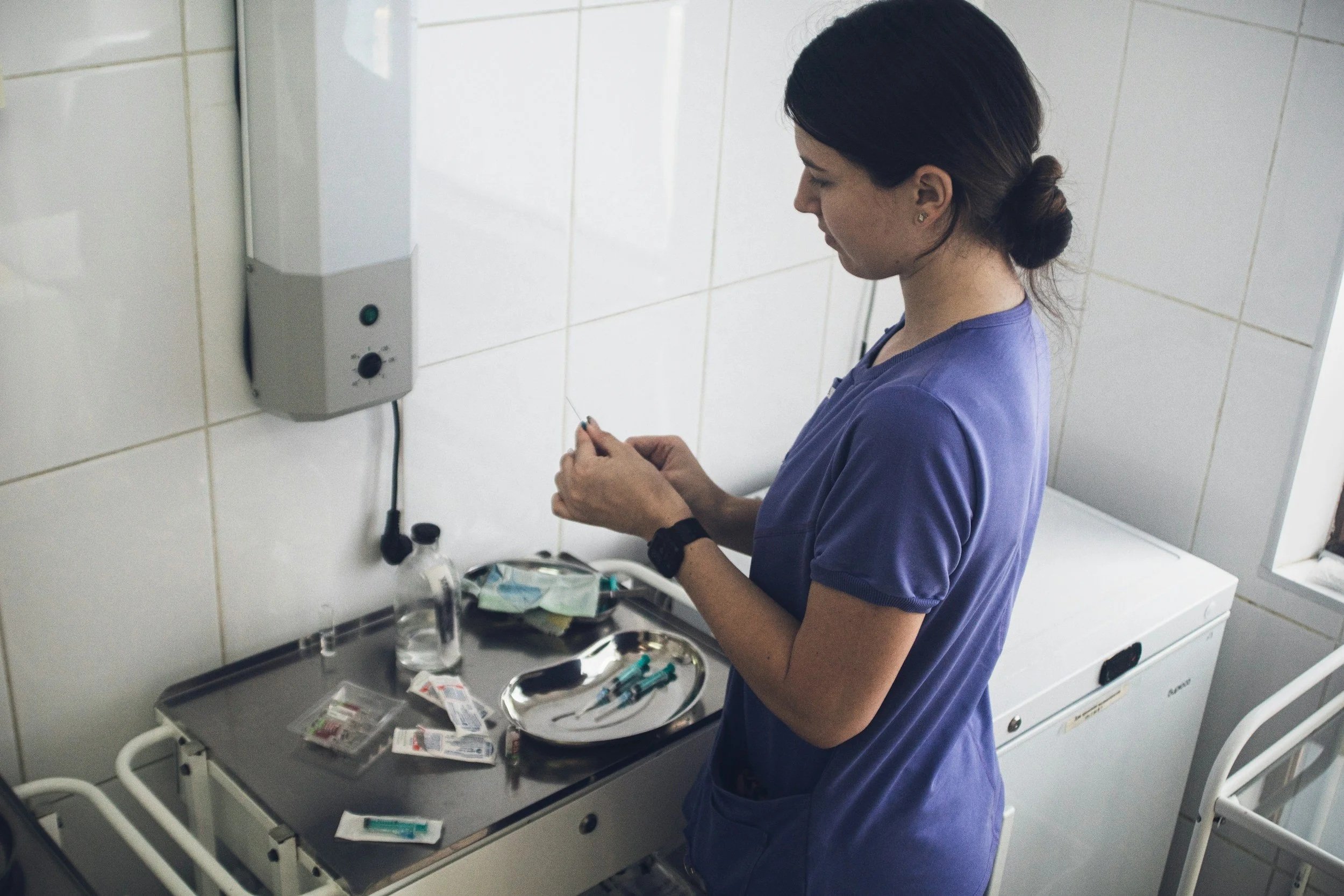Will freezing your eggs impact your chance of getting pregnant naturally down the road? The short answer: no, because egg freezing makes use of eggs that would otherwise have been lost in a process known as “atresia.”

During a normal menstrual cycle, only one egg is released for ovulation, but many others are “activated” and then die away. Egg freezing attempts to save as many of these extra eggs as possible.
Ovaries + follicles + eggs, oh my!
During each menstrual cycle (typically each month), one egg makes it through the whole ovulatory process. The egg follicle (the sac in which the immature egg waits) is activated, the egg grows and matures, and then—once it reaches maturation—it breaks free from the ovary and begins its journey down the fallopian tubes.
But there are tons of other eggs that don’t make it past that first stage. In each cycle, a number of follicles are activated; how many depends on your ovarian reserve, and can be measured during an antral follicle count via ultrasound. When the immature eggs inside those follicles don’t mature, they simply die off within a few weeks.

In a normal month, only one egg breaks free from the ovary, but many others mature only partially, and then die off. Egg freezing attempts to fully mature and “save” these extra eggs.
Saving extra eggs for later
Egg freezing makes use of some of those otherwise lost eggs. The egg freezing process uses hormone medication to prompt your ovaries to produce multiple mature eggs in one cycle instead of the usual one, so you can freeze them for when—or if—you might need them later on.
Therefore, the process of egg freezing doesn’t take anything away from your egg reserve, and won’t affect your chance of getting pregnant naturally in the future. What it will do is provide you with a backup option if you have difficulty conceiving naturally when you’re ready to start a family.

Dr. Joshua Klein is an accomplished board-certified reproductive endocrinologist and assistant professor of Obstetrics, Gynecology, and Reproductive Science at the Icahn School of Medicine at Mount Sinai. He earned his medical degree at Harvard University, completing his residency in Obstetrics, Gynecology and Reproductive Biology at Massachusetts General and Brigham & Women’s Hospitals, and his fellowship in Reproductive Endocrinology and Infertility at Columbia University. He is passionate about helping women understand their fertility and make smart, informed, and individualized decisions about their options for planning a family.
Learn more about Extend Fertility on Freeze.
Answered by Dr. Roy Handelsman from HRC Fertility. Understand how ovarian cysts and ovarian surgery may impact the egg freezing process.
Answered by Dr. Rashmi Kudesia from CCRM Fertility Houston. Here’s a checklist for before, during, and after your egg freezing consultation, including 11 questions you should ask the doctor.
Answered by Valerie Shafran, MSN, FNP-C from Extend Fertility. Discover why fertility experts urge women to stop taking GLP-1 agonists before an egg freezing cycle.
Answered by Dr. Nidhee Sachdev from South Coast Fertility Specialists. Explore what AMH tells us about a woman’s ovarian reserve or how many eggs she has left.
Answered by Dr. Hade from Generation Next Fertility. Understand how egg freezing does not cause long-term weight gain yet there is a chance of transient bloating.
Answered by Rijon Charne, JD from Sunray Fertility. Explore what a reproductive estate plan entails and the situations where having one can make a big difference.
Answered by Rijon Charne, JD from Sunray Fertility. Learn more about the importance of clinic disposition forms, including what they do and don’t cover.
Answered by Rijon Charne, JD from Sunray Fertility. Discover the legal nuances that can shape your options when freezing eggs or embryos.
Answered by Dr. Joshua Klein from Extend Fertility. Learn how birth control relates to egg freezing and if you will need to stop your hormonal birth control before starting the procedure.
Answered by Dr. Jesse Hade from Generation Next Fertility. Discover the important factors that affect chances of egg freezing success in your late thirties.
Answered by Sidonia Buchtova, PA-C, C-RHI from Refresh Psychiatry. Understand if you can stay on an SSRI or SNRI when freezing your eggs.
Answered by Sidonia Buchtova, PA-C, C-RHI from Refresh Psychiatry. Discover tips to help support your mental well-being during preparation, throughout the cycle, and after your egg retrieval, especially if you have a history of anxiety.
Answered by Dr. Katharina Spies from Vida Fertility. Learn about who should consider supplements before and during fertility preservation, and how supplements could support your egg freezing cycle.
Answered by Dr. Serin Seckin from Generation Next Fertility. Understand the key differences to help you make an informed decision that aligns with your personal and reproductive goals.
Answered by Dr. Ido Feferkorn from the Reproductive Medicine Group. Learn how Polycystic Ovarian Syndrome (PCOS) may affect the egg freezing process and outcomes of fertility preservation.
Answered by Dr. Meera Shah from Nova IVF. Understand the potential risks of egg freezing to help you evaluate if it is right for you.
Answered by Dr. Hade from Generation Next Fertility. Learn from start to finish the entire process of what happens on the final day of an egg freezing cycle.
Answered by Dr. Sahar M. Stephens from Northern California Fertility Medical Center. Understand the probability of pregnancy based on the number of eggs frozen and the age at which you freeze.
Answered by Dr. Alison Peck from HRC Fertility. Discover which medications are commonly used for ovarian stimulation during an egg freezing cycle.
Answered by Dr. Kathryn Snow from Piedmont Reproductive Endocrinology Group (PREG). Understand the side effects that you may experience when freezing your eggs.
Answered by Lia Schiller, MSN, AGNP-BC from Extend Fertility. Learn why IUDs can stay in place throughout the egg freezing process.
Answered by Dr. Woo from HRC Fertility. Learn how some medications need to be stopped for an egg freezing cycle while some medications can be continued.
Answered by Dr. Dan Nayot from The Fertility Partners. Learn how artificial intelligence is providing women with more information than ever before about their eggs.
Answered by Dr. Joshua Klein from Extend Fertility. Egg freezing doesn’t impact your chance of getting pregnant naturally, because egg freezing makes use of eggs that would otherwise have been lost.
Answered by Dr. Dan Nayot from The Fertility Partners. Understand the distinction between egg quantity and quality, and explore how AI is transforming egg quality analysis.
Answered by Dr. David E. Tourgeman from HRC Fertility. Understand what options exist for what to do with your frozen eggs if you decide not to use them for IVF.
Answered by Dr. Armando Hernandez-Rey from Conceptions Florida. Learn about minimal stimulation egg freezing cycles and how they can decrease the risk of ovarian hyperstimulation syndrome.
Answered by Dr. Ido Feferkorn from the Reproductive Medicine Group. Find out how egg freezing medications work and how protocols can be adjusted if you can’t take estrogen.
Answered by Dr. Ido Feferkorn from Reproductive Medicine Group. Learn how egg freezing fits into the menstrual cycle and how timing can be customized.
Answered by Dr. Elena Santiago from Vida Fertility. Understand the ins and outs of egg freezing in Spain as a non-resident, including timing, costs, and more.






























